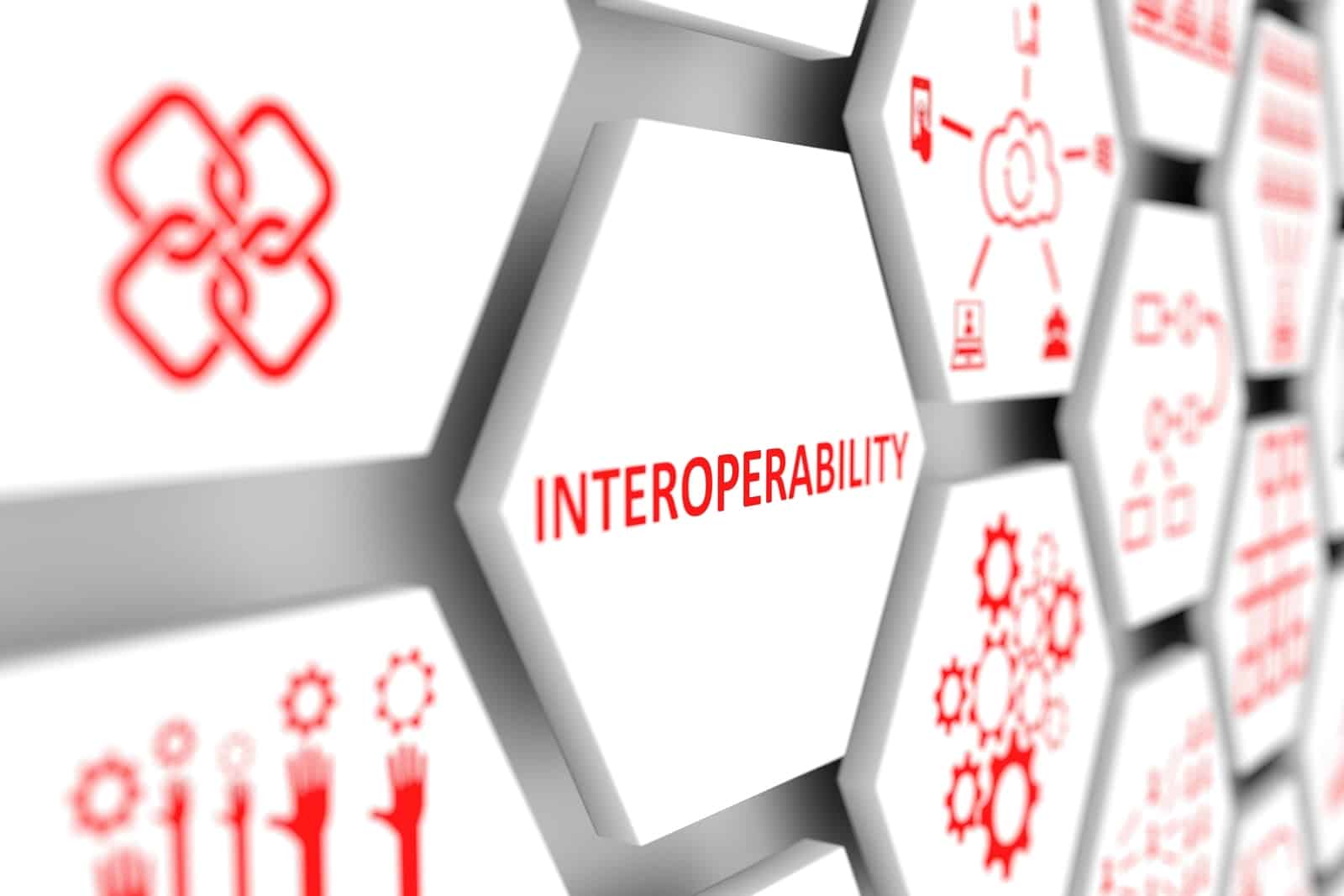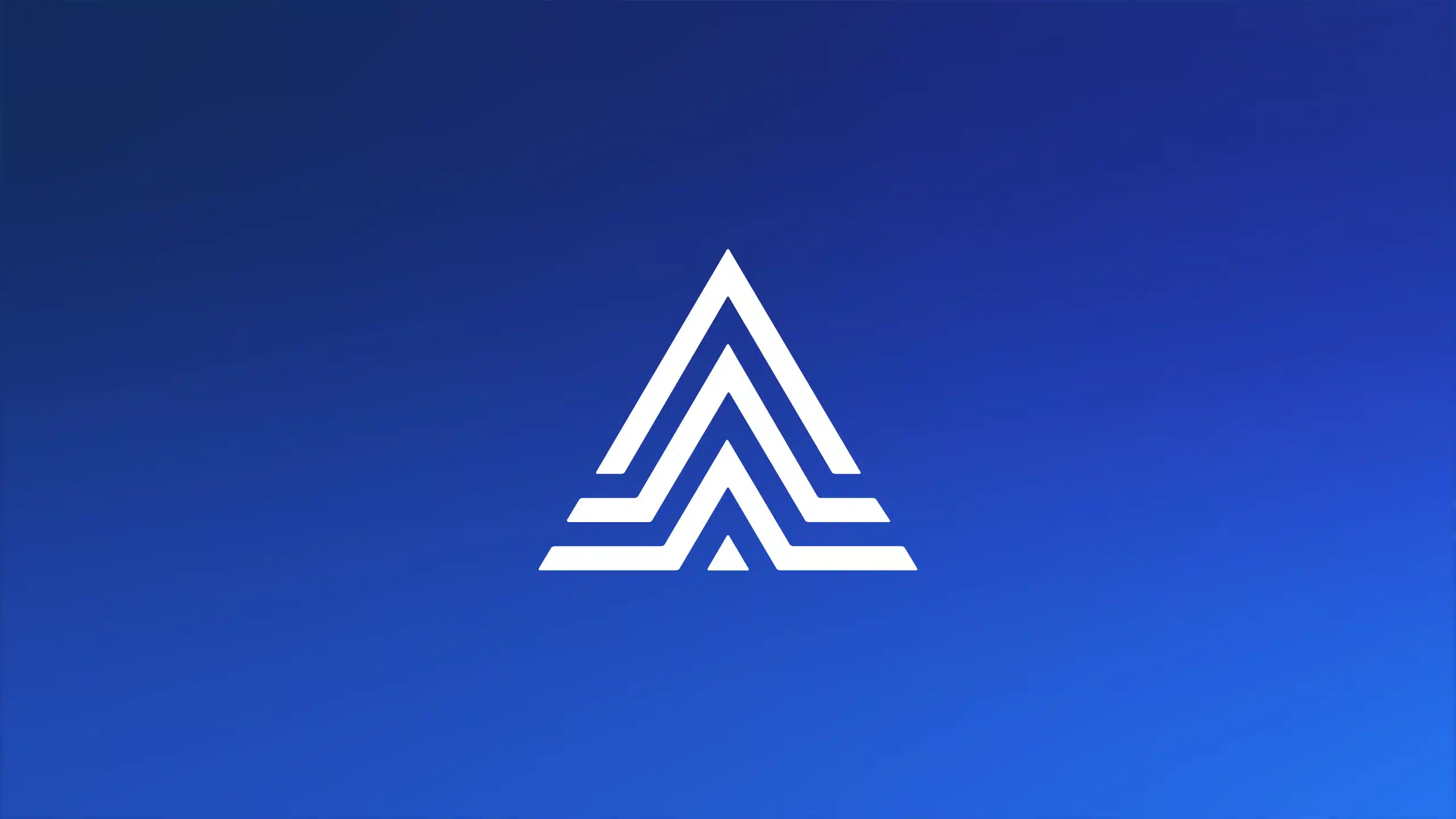Actian Helps Healthcare Companies With New Customers and Carriers
Actian Corporation
May 13, 2020

Healthcare companies are experiencing some trying times, made worse by the COVID-19 crisis. Competitors are now becoming partners, research institutions, and pharma companies are taking a more active role in monitoring patient care, and governments are closely monitoring statistics on patient diagnosis. Everyone in the extended healthcare industry is actively seeking to understand, plan, and respond to the evolving COVID-19 pandemic. For them to do that successfully, everyone is in dire need of real-time data. The challenge for hospitals and care providers (such as nursing homes) is quickly onboarding new customers, new partners, and new carriers to give them the information they need without compromising data security, HIPAA compliance, or disrupting the company’s operations.
Integration Requests Escalate to the Top of the IT Priority Queue
In normal times, deploying integrations with third-party systems were activities that IT departments approached slowly and methodically – often developing custom interfaces that required long testing cycles. The requests were essential for the organization, but they weren’t urgent and required immediate attention. COVID-19 has changed that situation, escalating integration requests to the top of the IT priority queue. The Centers for Medicare and Medicaid Services (CMS) issued an Interoperability and Patient Access final rule that mandates hospitals must be able to send notifications about admissions, transfers, and discharges to a wide range of recipients by September. This data must now include the patient’s primary care physician, service providers, suppliers, and other healthcare practitioners responsible for patient care.
For small and mid-size hospitals, this rule significantly expanded the breadth of data integrations that are required. IT can no longer take an ad-hoc approach to integration; they need centralized tools, repeatable processes and templates, and standardized data translations to onboard new data-sharing partners quickly, effectively, and safely. Actian’s Integration Platform for healthcare delivers all this capability and more.
Develop Once, Deploy Anywhere
The key to rapid integration is re-use. The Actian integration platform and robust design environment help healthcare companies accelerate time to implementation with a “design once, deploy anywhere” approach. This approach greatly improves IT productivity and efficiencies that translate into more integrations, better quality, and reduced implementation times. Connectivity schemes for industry standards like HIPAA and HL7 provide a common taxonomy and interface format to span systems and companies. With Actian, you have access to all your data, including legacy data, unstructured data, flat files, and messages in real-time. This is important because data integration is a combination of content and connectivity – the Actian Integration platform addresses both.
Actian Provides the Integration Platform that Enables Rapid Response
The current healthcare environment is requiring IT departments to be more agile than ever – identifying emerging needs/opportunities and responding quickly to deploy new system features and data integrations. Actian Integration Platform for Healthcare is a robust set of tools to help IT departments provide the responsiveness their organizations demand.
- Integrate new applications, hosted systems, and legacy data sources with ease.
- Rapidly adapt to changes in industry standards and regulations to ensure compliance.
- A Secure and scalable platform for exchanging data with customers, partners, and suppliers.
- Centralized management of data connections across the organization from a single pane of glass.
- HIPAA/HL7 compliant message broker.
- Support for federated deployments, such as health information exchanges (HIE).
Actian’s Healthcare Integration Platform provides an infrastructure for integrating disparate data in a cost-effective, standards-based, and real-time manner. Actian helps policy setters manage the transformation of incoming and outgoing data from hundreds, or even thousands, of trading partners by speeding up onboarding time and reducing effort. COVID-19 is causing turmoil in many industries, including healthcare. IT staff need all the help they can to support their companies and communities through this trying time. With Actian’s Healthcare Integration platform, data integration can be made easy.
Visit DataConnect to learn more about integration solutions for healthcare as well as other industries.
Subscribe to the Actian Blog
Subscribe to Actian’s blog to get data insights delivered right to you.
- Stay in the know – Get the latest in data analytics pushed directly to your inbox.
- Never miss a post – You’ll receive automatic email updates to let you know when new posts are live.
- It’s all up to you – Change your delivery preferences to suit your needs.
Subscribe
(i.e. sales@..., support@...)




